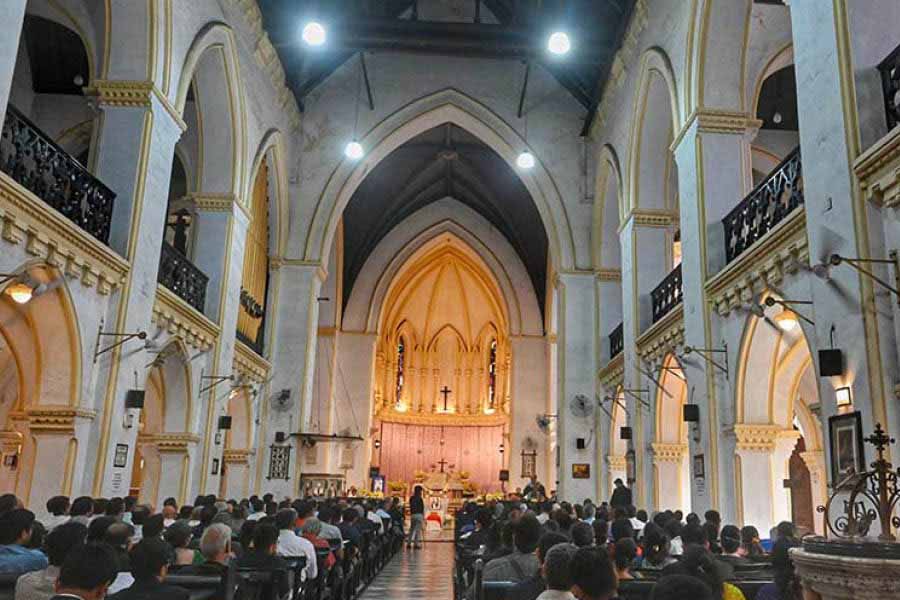The French government faces two no-confidence votes on Monday after Prime Minister Elisabeth Borne forced controversial pension reforms through parliament without a vote last week.
The pension reforms, spearheaded by President Emmanuel Macron, would increase the retirement age from 62 to 64. This has led to ongoing protests in Paris and other cities since Thursday.
How do the no-confidence votes work?
One of the no-confidence motions was filed by the small, centrist Liot bloc and supported by the left-wing Nupes coalition. The other was filed by the far-right National Rally of Marine Le Pen.
If a no-confidence vote is successful, the pension reform bill would be rejected and Macron would also have to appoint a new cabinet.
Macron's tenuous political alliance has the largest number of MPs in the National Assembly but it does not control an absolute majority.
However, the government believes it can survive both votes, especially since the conservative Republicans vowed not to support either of the no-confidence motions.
"Let's get clarity. The vote means clarity," Aurore Berge, chief of the pro-government MPs, told broadcaster Franceinfo Sunday.
"It's about one sole question: is the pension reform indispensable or unbearable for the French public?"
Protests set to continue
The election reforms triggered numerous protests and strikes in the months leading up to last Thursday.
Protests erupted in major cities again after Borne used Article 49/3 of the French constitution to force the bill through parliament without a vote, a strategy the Macron government has repeatedly had to turn to since losing an absolute majority in parliament last year.
Garbage collectors, oil refinery staff and other workers have continued to go on strike. A nationwide day of action has been planned for the coming Thursday.
"For as long as the 64-year reform is on the table, we have to keep it up," far-left former presidential candidate Jean-Luc Melenchon told broadcaster RTL on Sunday.
However, he urged protesters to remain non-violent.
"Don't make our struggle invisible with practices that would be turned against us," Melenchon said. "Mr Macron... is counting on people going too far, so as to profit from a situation of fear."












